Responsible Gaming
Responsible gambling is about keeping your betting habits fun and manageable. It means setting your own limits for time and money, understanding the risks involved, and never seeing gambling as a way to earn a living. This approach helps ensure a positive experience for all New Zealand players.
Understanding Responsible Gambling for Kiwis
For players, responsible gambling acts as a shield against addiction and financial trouble. For the industry, it’s essential for building trust and ensuring a sustainable gaming environment. This is a shared duty among individuals, online casinos, and regulatory bodies to foster a safe and enjoyable experience for everyone in New Zealand.
- Individuals: Players need to keep an eye on their gambling habits, setting time and spending limits, and seeking support if needed.
- The Gambling Industry: Operators have the responsibility to provide tools and resources that help players gamble responsibly. This includes features like deposit limits, self-exclusion options, and easy access to help organisations.
- Governments and Regulators: Government bodies are tasked with enforcing regulations to protect players, funding support services, and ensuring that operators actively promote responsible gambling practices.
By working together, these parties can create a gambling environment that is both safe and enjoyable for everyone.
Recognizing Problem Gambling
Problem gambling arises when betting starts to negatively affect a person's life. This can impact finances, relationships, and mental well-being, making it crucial to spot the warning signs early on.
Signs and Symptoms of Problem Gambling:
- Chasing Losses: Repeatedly gambling to win back lost money, which often leads to even bigger losses.
- Borrowing Money to Gamble: Taking out loans or borrowing from others to fund gambling, resulting in financial strain and debt.
- Impact on Relationships: Problem gambling can cause tension and conflict in personal relationships, as individuals may become secretive, irritable, or isolated due to their gambling behavior.
Self-Assessment Tools:
- Stop Cold Turkey: Try to stop gambling completely for a few days. If you find it challenging, feel irritable, or have a constant urge to gamble, it may be a sign that you’re developing a problem.
- Analyze Your Spending: Take a close look at where your gambling money is coming from. If you’re using funds meant for essential expenses or borrowing to gamble, it’s a significant red flag.
- Reflect on Losses: Consider how you react to losing. If you often try to win back what you’ve lost by gambling more, this behavior could indicate a problem.
When to Seek Help: If you recognize any of these signs in yourself or others, it’s important to seek help immediately. Various support organizations, such as Gamblers Anonymous and local counseling services, can provide the assistance needed to regain control.
Support and Help Resources in Different Countries
Gambling addiction is a serious issue that can affect anyone, regardless of location. Fortunately, there are numerous support and help resources available worldwide, offering assistance to those who need it. Whether you’re looking for counseling services, helplines, or support groups like Gamblers Anonymous, these organizations are here to provide the help you need. Below is a comprehensive list of professional support organizations and governmental resources across various countries, complete with active links and contact information. These resources are dedicated to helping individuals and families affected by problem gambling, ensuring that you’re not alone in your journey toward recovery.
| Service/Organization | Description | Countries Supported | Phone Number |
|---|---|---|---|
| National Council on Problem Gambling (NCPG) | Provides confidential support via helpline, chat, and text for individuals and families affected by problem gambling. | United States | +1-800-522-4700 |
| Gamblers Anonymous | A fellowship of individuals who share their experiences to help each other recover from gambling addiction. | Global | Varies by country, contact local chapters via website |
| Gam-Anon | Support group for family members and friends of problem gamblers. Meetings available worldwide. | Global | Varies by country, contact local chapters via website |
| American Addiction Centers | Offers a wide range of addiction treatment services, including specialized programs for gambling addiction. | United States | +1-866-210-1303 |
| Gambling Therapy | Provides free online support and resources for anyone affected by problem gambling, available worldwide. | Global | Online support only |
| Substance Abuse and Mental Health Services Administration (SAMHSA) | A confidential, free helpline for individuals facing mental and/or substance use disorders, including problem gambling. | United States | +1-800-662-HELP (4357) |
| 800-GAMBLER | A confidential, 24/7 helpline for individuals struggling with gambling addiction, particularly in New Jersey. | United States (New Jersey) | +1-800-GAMBLER (426-2537) |
| ConnexOntario | Provides free and confidential health services related to problem gambling, mental health, and substance abuse in Ontario. | Canada (Ontario) | +1-866-531-2600 |
| Gambling Help Online | A national online support and counseling service for individuals affected by gambling in Australia. | Australia | 1800 858 858 |
| Centre for Addiction and Mental Health (CAMH) | Canada’s largest mental health teaching hospital offering resources and treatment for gambling addiction. | Canada | +1-800-463-2338 |
| Gamban | Provides software to block access to online gambling sites and apps on your devices. | Global | N/A (Online tool) |
This table offers a comprehensive list of support services across various regions, helping those affected by gambling addiction find the assistance they need.
How to Gamble Responsibly: Simple Tips
Setting a Budget
Before hitting the new casino, players should set a budget for the amount they want to spend. Unfortunately, many compulsive gamblers lose more than they can afford just because they fail to set a gambling budget. And it's not just about setting a budget; it's essential to stick to it strictly.
Setting a Schedule
Besides setting a budget, it's essential to set a gambling schedule. Unlike traditional casinos, where players had to be physically present, new online casino games can be played anywhere: at home, at work, at school, or even while commuting. It tends to take a lot of players' time, which could have otherwise been used for other necessary activities, for example, work. That said, it's crucial to set time limits and stick by them.
Knowing When to Walk Away
One thing about gambling is the house always wins. This is something many players don't understand. Consequently, they end up spending all their money with the hope of winning after every loss. Casino gamblers should always know when to walk away. Importantly, they should cease chasing losses.
Opting for Self-Exclusion
Also known as voluntary exclusion, self-exclusion is where a gambler chooses to have their gambling account and activity stopped for a period. Self-exclusion has been effective for many gamblers who couldn't control their gambling urge. While it may not be very effective, it's still a worthy undertaking.
Going Small
Another tip for playing responsibly is staking small bets, as it's less risky. While the returns are not substantial, placing small bets gives gamblers more time and chances at the casino without spending much. For example, if a player has $100 in their account, it's better to place $10 bets instead of $50.
Seeking Help
The last tip is to seek help. Players who think they are addicted should seek help from close family or friends. Besides, plenty of organizations target gambling addicts, for example, the National Council on Problem Gambling (NCPG) and the International Center for Responsible Gaming (ICRG).





